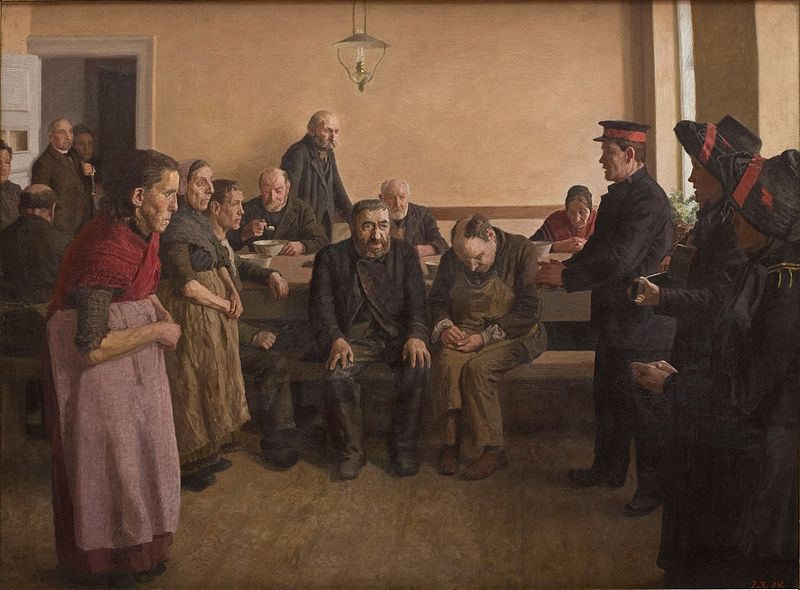Helsingør Municipality has announced its citizens in the lowest income bracket, who cannot afford to pay rent of over 3,000 kroner per month, will be offered accommodation in shared housing co-ops for poor people.
Palle Wørmann – the head of one of the largest housing associations in the town, Boligselskabet Nordkysten – argues this solution will only lead to the formation of ghettos, reminiscent of the poor farms of the early 20th century.
“It’s insane and inhumane,” Wørmann told Ekstra Bladet.
“They will establish areas for only disadvantaged residents and create poor farms, and I think that’s very problematic.”
READ MORE: Helsingør struggling to find cheap accommodation for people on welfare benefits
Consequence of new cash ceiling
However, Bent Greve, a professor of economics at Roskilde University, says calling the housing co-ops “poor farms” is greatly exaggerated.
“Conditions [in the shared houses] are better than in the past. For example, people have their own room,” Greve told Ekstra Bladet.
According to Helsingør Municipality, the decision is a direct consequence of the government’s cash ceiling plan for people receiving welfare benefits to motivate them to look for work.
The city has been struggling to find alternative housing for the poor.
As of this September, there were 49 people in need of help.
Other municipalities are interested in learning more about the solution.












